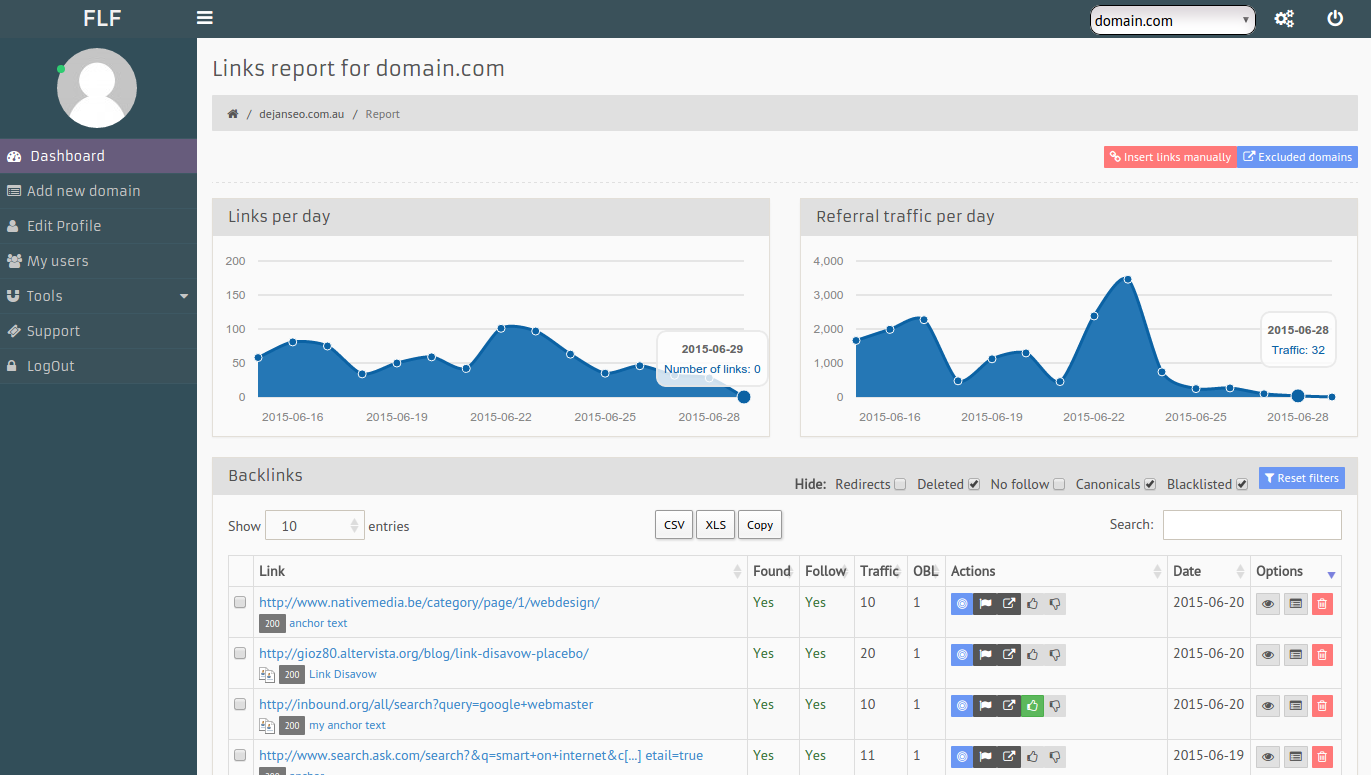- Joined
- Sep 15, 2014
- Messages
- 4,358
- Likes
- 8,866
- Degree
- 8
I'm in the middle of doing something... I got 3 questions:
1. What do you guys use for tracking content creation?
2. What do you guys recommend for tracking link building?
3. What do you guys recommend for tracking tasks to be done for clients?
I'm trying to avoid tracking this stuff with spreadsheets as much as possible - but am coming up short on good software for these 3 specifically.
1. What do you guys use for tracking content creation?
2. What do you guys recommend for tracking link building?
3. What do you guys recommend for tracking tasks to be done for clients?
I'm trying to avoid tracking this stuff with spreadsheets as much as possible - but am coming up short on good software for these 3 specifically.

 I would love to see a clone activated again.
I would love to see a clone activated again.

 Here you go
Here you go 